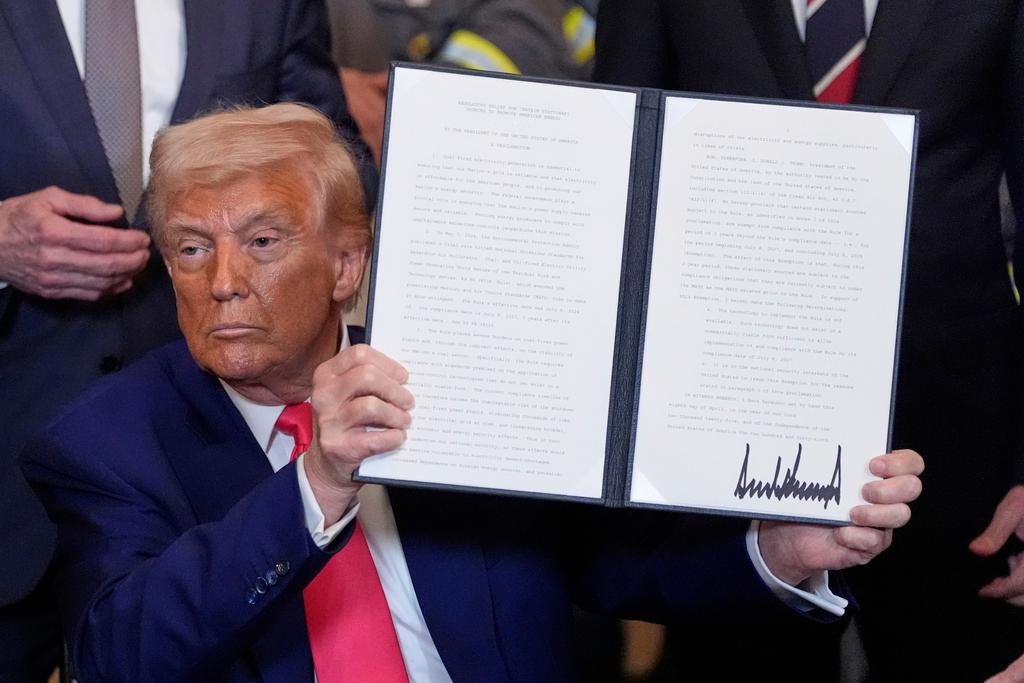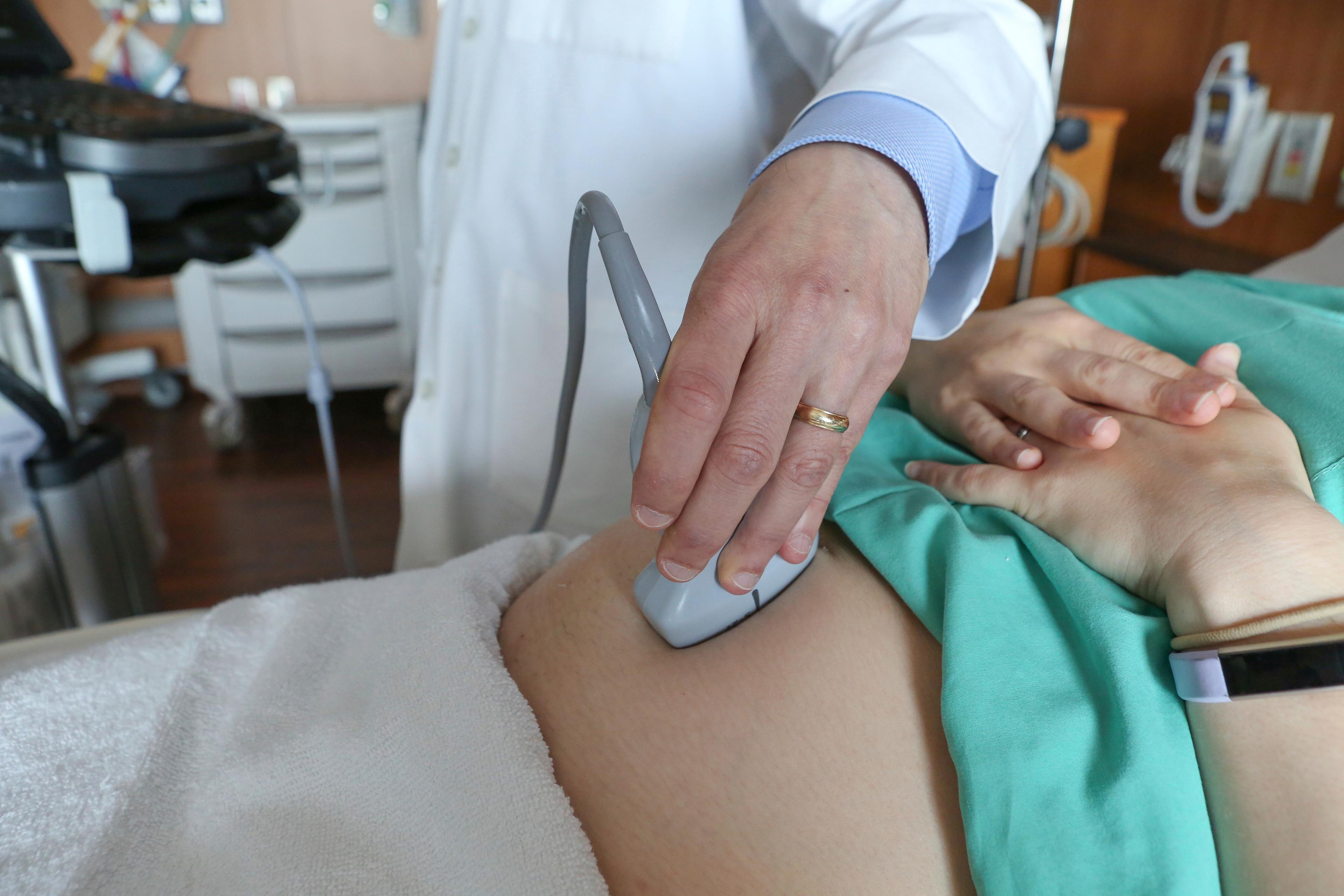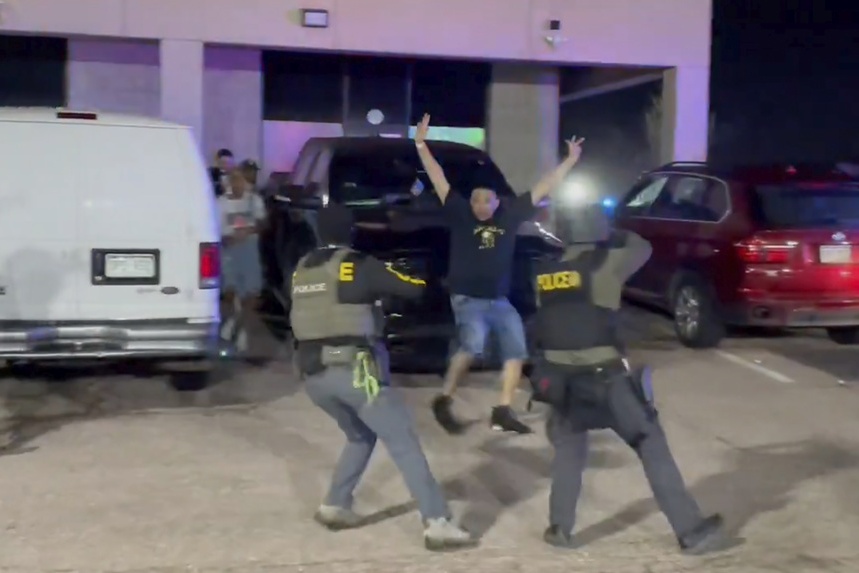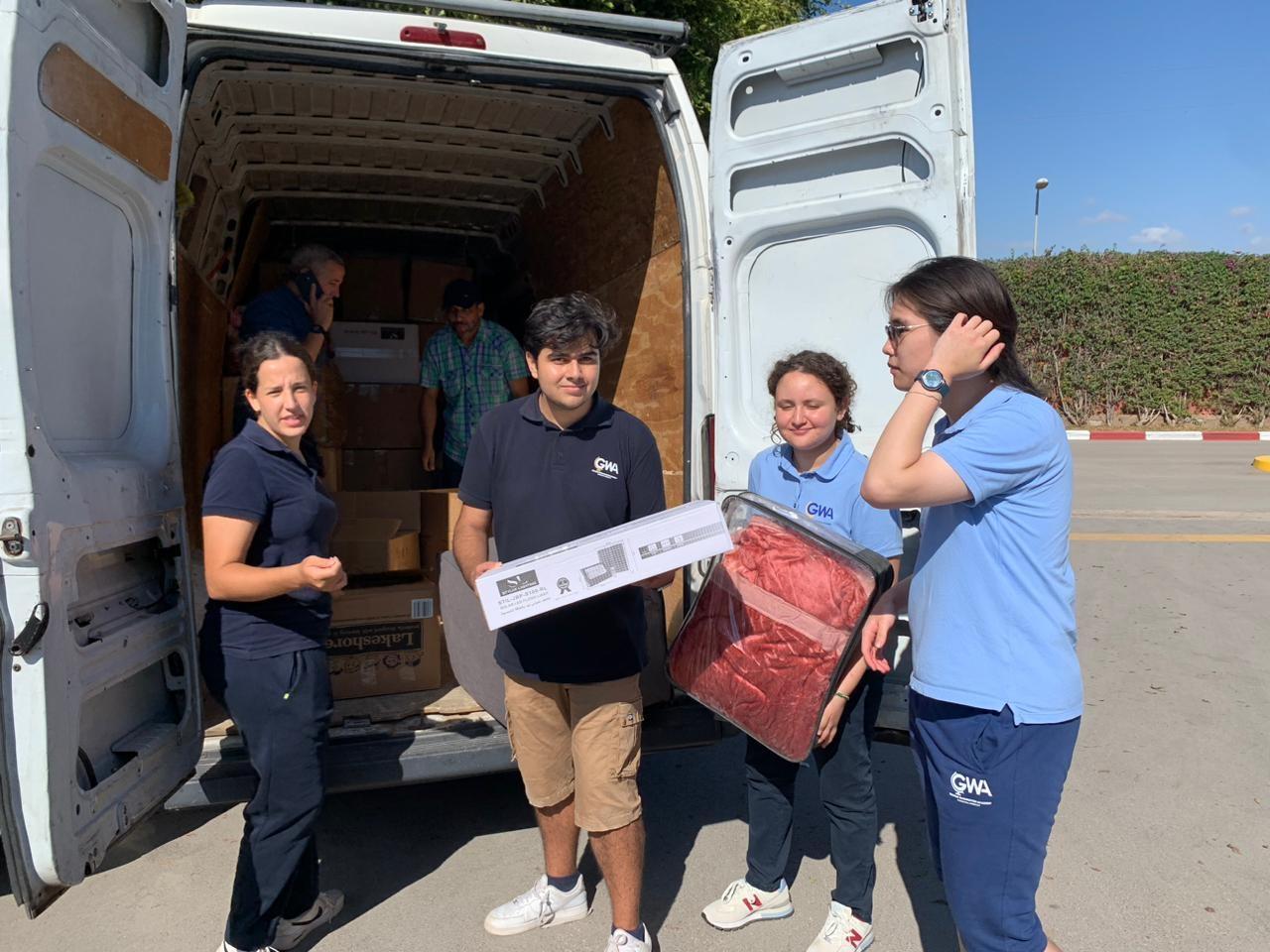
An earthquake shook Wendy Rubin awake in Morocco on the night of Sept. 8.
She had never experienced a quake and this one seemed – in Casablanca, where she lives – pretty mild. Even when she figured out what had happened, the former superintendent of
Englewood, Colorado public schools stayed in her apartment and went back to sleep.
High school student Rayane Mchabcheb felt the temblor, too. It came on slowly, then turned loud and violent. When he realized what was going on he evacuated his house with his parents and grandparents. After a while, though, they, too, went to bed.
So it wasn’t until Saturday morning that Rubin, who heads an international school called the George Washington Academy, and Mchabcheb, who is a senior there, got word of the devastation the quake had caused at its epicenter about 150 miles away in Morocco’s Atlas Mountains.
That’s when Mchabcheb and his schoolmates sprang into action. They joined a nationwide network of student sports teams and service clubs that began collecting emergency supplies including canned foods, blankets and hygiene items. By Tuesday, five days after the quake, Academy students alone had helped fill a 40-foot container and half a classroom. They set up a tent outside the school for more donations.
“It was really heartwarming to see, not only for our school, but as a Moroccan, to see all these people coming together,” Mchabcheb said. “Whether you were poor or rich, you would contribute with whatever you had. I mean, if you can't contribute with money, you contribute with blood. If you couldn't contribute with blood, you just contribute with money and groceries and all types of things. In this past year during the World Cup, I've seen Moroccans celebrating together, and now we're just grieving together.”
Rubin tried to donate blood two days after the quake. She got to the collection center early in the morning but was eventually turned away because so many people had already donated that the organizers ran out of supplies.
“Since I've come to Morocco I have found the people here just to be beyond welcoming and warm, just so kind … and what I've seen since the tragedy is that same sort of just warmth and genuineness, but given to their fellow Moroccans,” Rubin said.
Rubin and Mchabcheb spoke about their experience with Colorado Matters senior producer Michelle P. Fulcher.
This transcript has been lightly edited for clarity.
Michelle Fulcher: Wendy, tell me about where you were when the earthquake happened and what it was like.
Wendy Rubin: I was here at home in Casablanca in my apartment. Actually, I was already asleep. Moroccans stay up very late and so I think everybody else was still awake from what I could hear outside, but I was asleep.
I just felt the room sort of shaking, and I wasn't sure if — I have a cat here with me. I wasn't sure — is the cat jumping on the bed? What's going on? But then it was also loud and so as I was waking up I was like, ‘Oh my goodness, I think that was an earthquake.’ And then within about a minute, a friend of mine who lives here in my same apartment complex called, and said ‘Oh my gosh. That was an earthquake.’ And I've never been in an earthquake before, so I didn't quite know. I was in shock a little bit. Like is this really happening? It was odd.
Fulcher: Rayane, where were you when the earthquake hit, and what was it like for you?
Rayane Mchabcheb: I was in my room working on my computer, just on my bed. And my cousin was also with me. I felt like it happened gradually. So it started off very light, but we still felt it. My cousin and I were just making eye contact the entire time, just looking at each other, staring at each other, not understanding what was happening. Then as soon as it started getting violent and loud, then we understood it was an earthquake, and then we just ran to the hallway. My parents were already in the hallway trying to reach my room. I helped my grandparents up the stairs to the front door, and then ran back to get my dog to evacuate the house.
Fulcher: Do you have family or friends who were injured or who lost property in the earthquake?
Mchabcheb: I do not have any immediate family or close relatives from the area. I, however, do know one staff member from our school whose entire village was completely destroyed. Unfortunately, a lot of lives were taken. We tried to propose our help as much as we could, whatever supplies we could give, whatever immediate help we could give. And so that's when we started collaborating with many schools.
Fulcher: And Wendy, you've been, as I understand, in Casablanca for just a few months, right?
Rubin: Yeah. I arrived here in the middle of July.
Fulcher: Tell me just briefly what your observations have been, first of all of how the country itself is reacting to this. What's the mood? What's the sense you have in watching this with still a little bit of an observer's eye?
Rubin: Since I've come to Morocco, I have found the people here just to be beyond welcoming and warm. Just so kind – to a person, whether it's a taxi driver, the person at the grocery store, they always say, ‘Oh, you're welcome here in Morocco. You're welcome here in Morocco.’And what I've seen since the tragedy on Friday night is that same sort of just warmth and genuineness, but given to their fellow Moroccans.
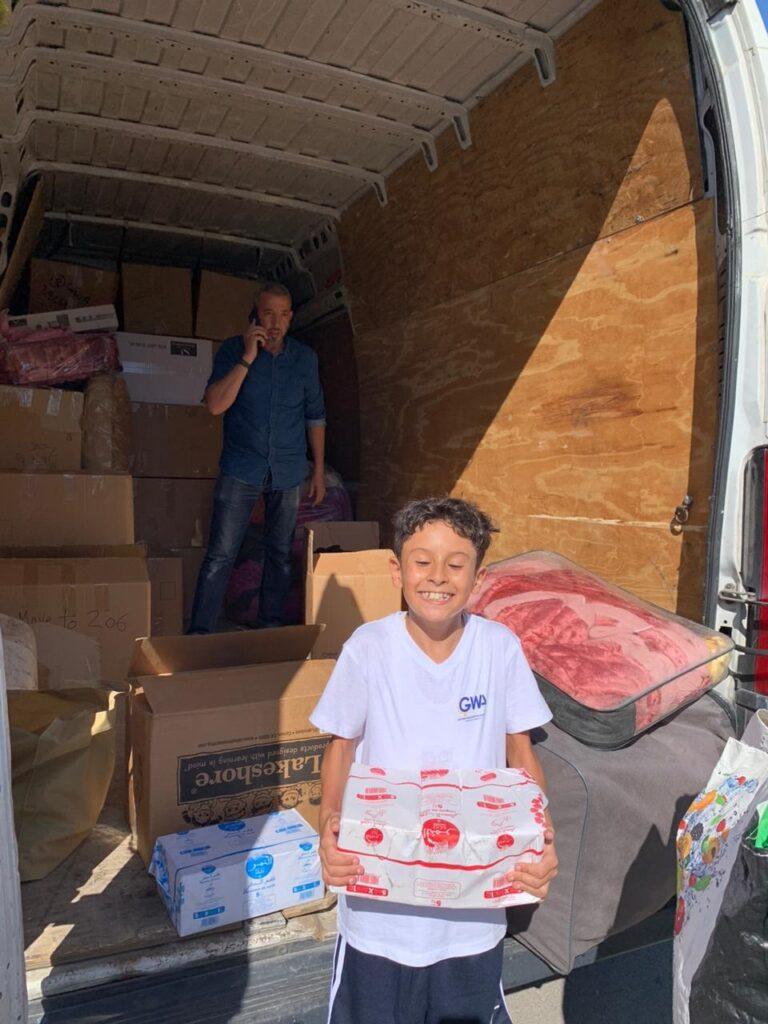
So for instance, Sunday morning, several staff members from GWA went to one of the blood banks here in Casablanca, and we got there about 45 minutes before it opened, and we were already about 400th in line. It was just absolutely amazing on a Sunday morning to see all of these people who've already been waiting for so long, just lined up, ready to help.
Fulcher: So you did give blood?
Rubin: So I actually was not able to give blood. The blood centers were so overrun with people wanting to donate that they actually had to turn people away because they ran out of the supplies. So our school, we're planning on doing a blood drive once supplies are replenished and they are able to take more donations.
Fulcher: Rayane, I understand the students have rallied around and are really launching a relief effort. Tell me how that got started.
Mchabcheb: On Friday night we heard that Marrakesh was touched the most, but we didn't know that there were so many casualties and so many people had suffered from it. So on Saturday morning when news started coming out that Marrakesh and its surroundings were at the epicenter of the earthquake, we received a call for help from the American School of Marrakesh who were asking for donations or any kind of immediate help that we could give to whether it was the city of Marrakesh or the surrounding villages. When they reached out, everyone answered. And we're still working to send truckloads of supplies and canned foods and all types of immediate needs that they might require.
Fulcher: So that's another American school. Now, we have some school rivalries here; were you all rivals at some point? Is this a coming together of folks who might not normally get together?
Mchabcheb: When it gets to sports and all types of other activities, of course it's a rivalry and everyone wants to represent their school the best way they can. But now it's a matter of country pride. It's a matter of patriotism, if you want to call it like that.
Fulcher: Absolutely. Wendy, what's it like for you to see students rally? You were the superintendent in Englewood for a long time. What's it like for you to see these kids come together and organize something like this?
Rubin: I've been blown away at how quickly they organized and how purposefully they organized. And so Rayane is one of the leaders of a sports-affiliated group, and then we also have students who participate in what's called the Leo Club, and it's actually the student version of Lions Club. And very similarly to the sports teams, the Leo clubs are all networked throughout Morocco.
Those networks of kids just came together so quickly, and that's something that's a little bit different than my experience in the United States. I don't ever recall a network of kids coming together like that so fast through their different clubs or athletics or sports. It would usually be very much adult-directed. In this case, it truly was very grassroots. Very, very impressive. Very impressive.
Fulcher: And so give me some sense of how much this effort has already produced.
Mchabcheb: Well, I know that the person affected from our school has already filled up a container.
Rubin: Like a 40 foot container truck, or like a semi essentially.
Fulcher: And that’s stuff just your school collected or this network of schools?
Mchabcheb: No, no. It's only our school.
Fulcher: Wow. That's a lot! How did you get all of this together?
Mchabcheb: I mean, everyone came together, really. It was really heartwarming to see, not only for our school, but as a Moroccan, to see all these people coming together. Whether you were poor or rich, you would contribute with whatever you had. I mean, if you can't contribute with money, you contributed with blood. If you couldn't contribute with blood, you just contribute with money and groceries and all types of things. I mean, in this past year during the World Cup, I've seen Moroccans celebrating together, and now we're just grieving together.
Fulcher: So hard, grieving together. Tell me a little more about that, would you?
Mchabcheb: The death toll, I think, has reached 3,000 today. Everyone you ask from that region knows someone that lost their lives. I mean, if you look at these villages, they're very old. They're in the mountains, really. So they're not really accessible to transportation. So a couple kilometers before you get there, the groceries and the people get on donkeys and walk for kilometers to get there. So seeing all this effort put in together has really been heartwarming.
Fulcher: Wendy, are there other staff members who've been affected?
Rubin: Not only do we have the one staff member whose village was decimated but we have another staff member who lost two cousins. We have two other staff members who have family members from villages as well. And the stories are starting to come forward in terms of the different connections.
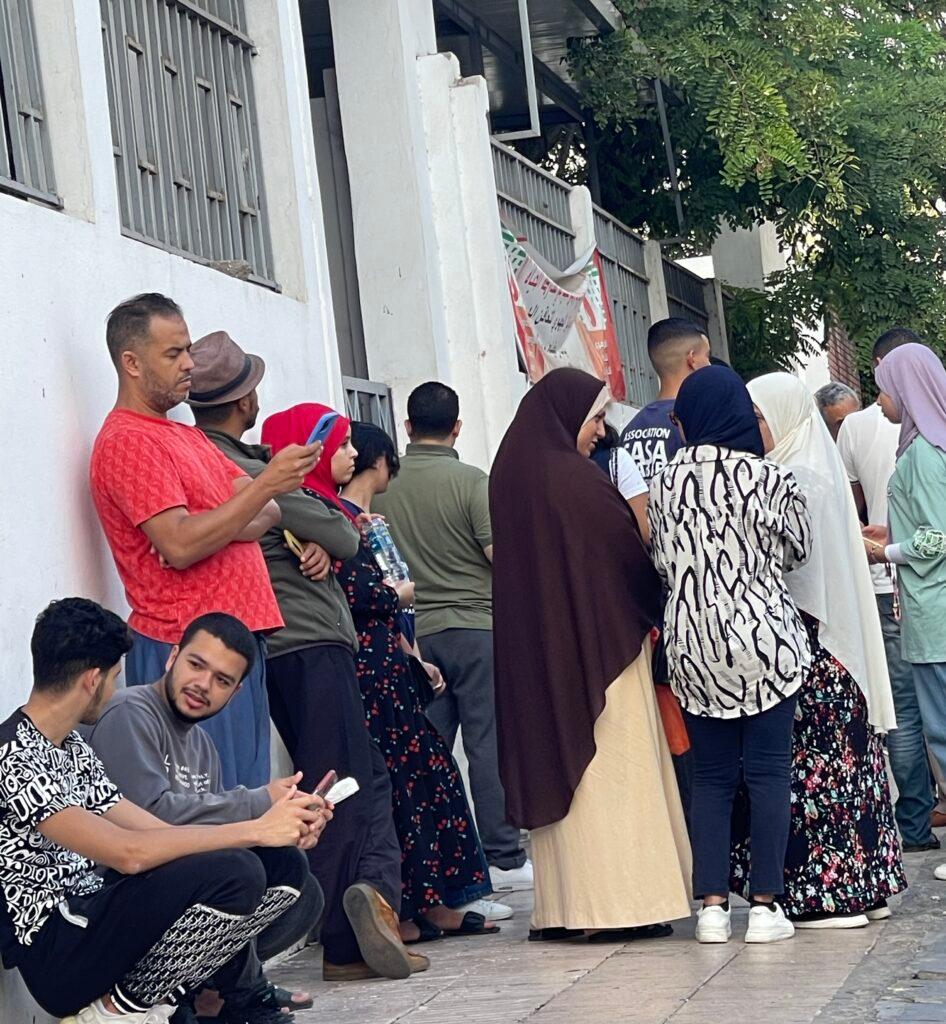
Fulcher: Wendy, you left the superintendent's job in Englewood to move to Morocco. What prompted that?
Rubin: I retired in June and my husband, who's also an educator, we'd always talked about wanting to work internationally. I had a lot of energy left for education. I didn't necessarily have a lot of energy left for education in the United States, frankly, and there's a whole host of reasons why that is. But it was an opportunity to be able to continue to work in education in a place where I could be growing and learning again, and not have some of the political issues and concerns that have been so forefront, unfortunately, in our schools in Colorado, in the United States, generally speaking. So I decided to throw my hat in the ring for an international position, and I was very fortunate to be selected to be the head of school at George Washington Academy. And Casablanca, Morocco, it's a wonderful place.
Fulcher: I can't help but think… Humphrey Bogart in Casablanca, right? It just seems like as you're thinking of where to sort of change your life after retirement, that seems like a pretty wonderful place until obviously this tragedy struck. Do you think what you've seen from these students will change how you administer or teach at the school?
Rubin: Without a doubt. I mean, one of the things that I was very struck by when I came here in March for my interview is just how friendly the kids were already walking through the halls. ‘Hello, hello, hello.’ Everybody greets you and says hello and makes eye contact, and very sweet and kind.
And I think that seeing how quickly they mobilized to bring things together, that was amazing to me, and they've shown their enthusiasm. The kids who want to make a difference, kids who want to welcome people in, who want to be a part of something bigger than themselves, they want to serve. What I need to think about is how do I, as a leader, help them to be able to fulfill those desires and those passions that they have around that type of work, right? Not just in the face of a tragedy, but how do we capture that throughout their school experience?
Fulcher: Rayane, obviously the need isn't going to go away. It's going to take a long time to rebuild. How do you see this effort continuing at your school through the year?
Mchabcheb: In the meeting we held yesterday, we discussed our short-term goals and then our long-term goals. So for short term it was, in the next 48 hours, try to get as much supplies as we can. And then in the long-term, we're trying to work on shelter. Winter is coming up and in those regions it gets very, very cold. I mean, the long-term goal is obviously to get those people under a roof and just try to help them as much as we can, whether that's our school alone or collaborating with other schools or even outside of schools, really.

